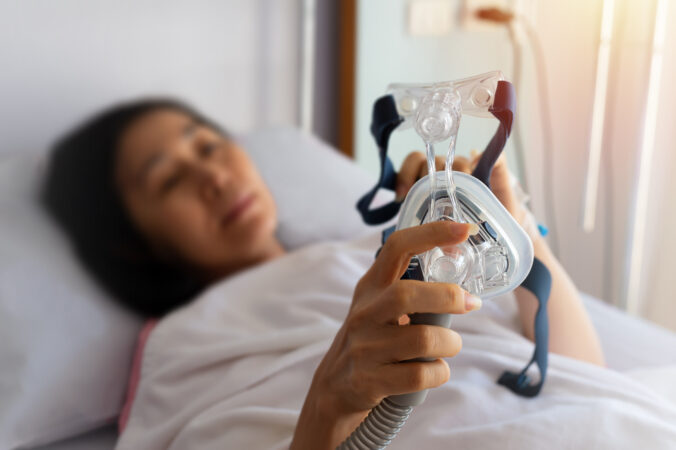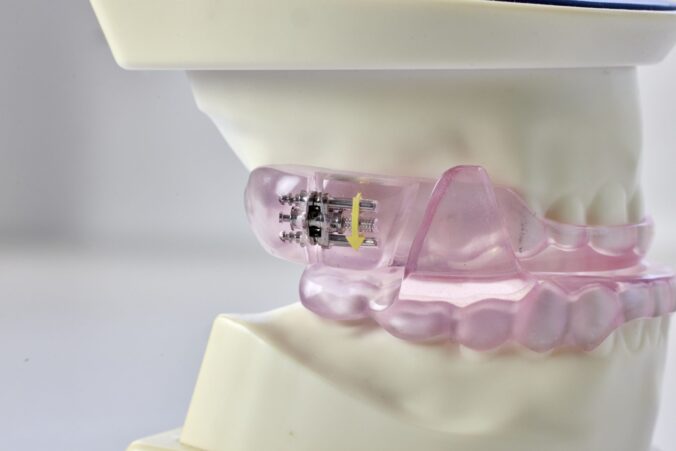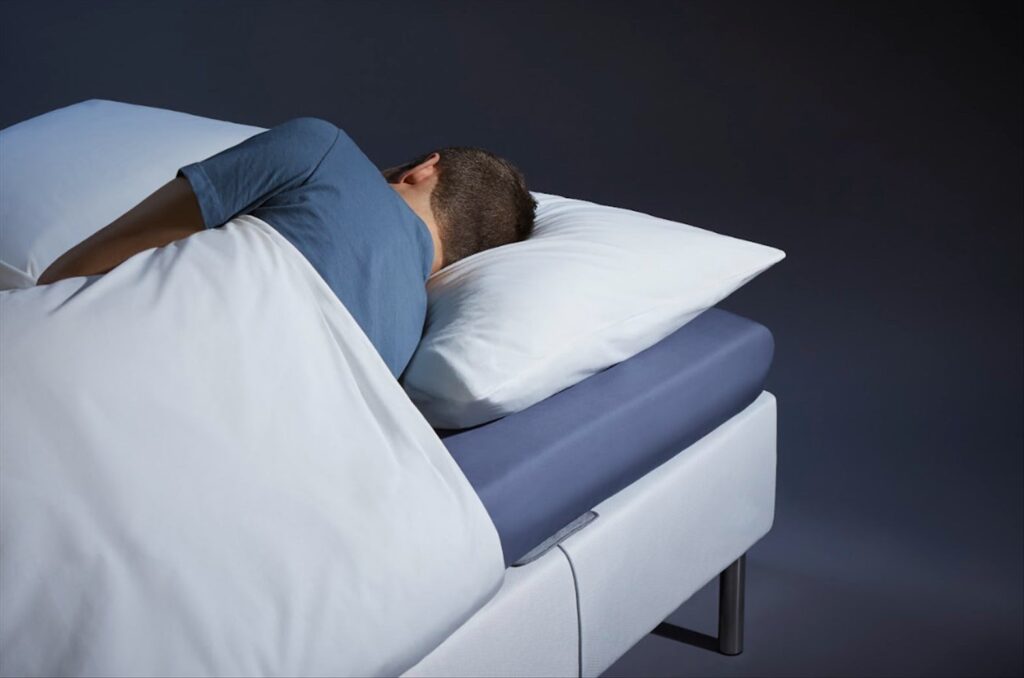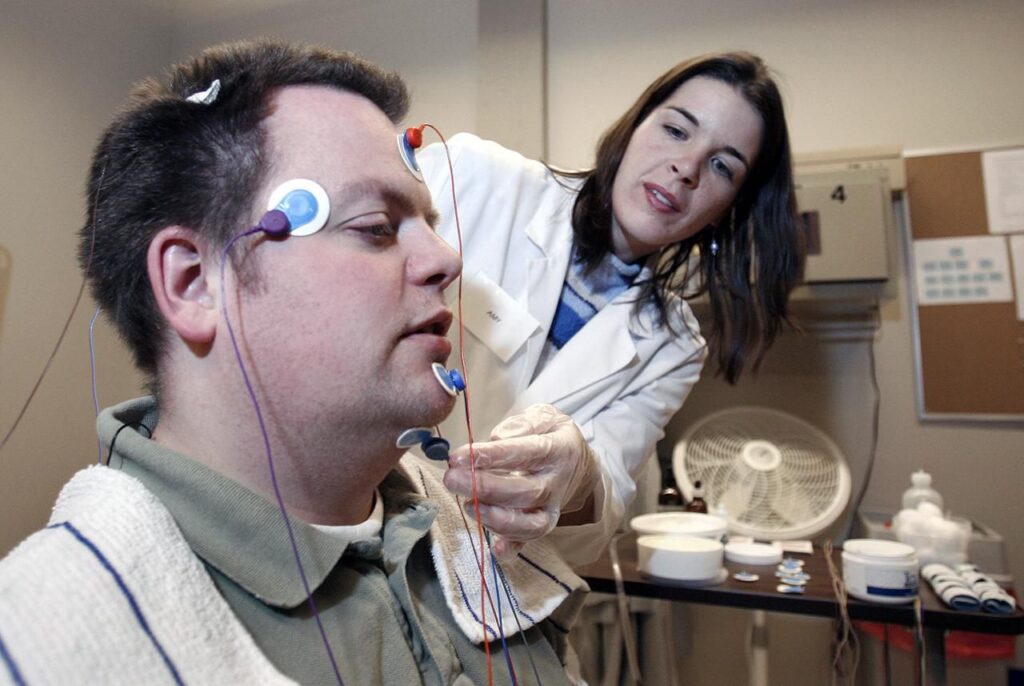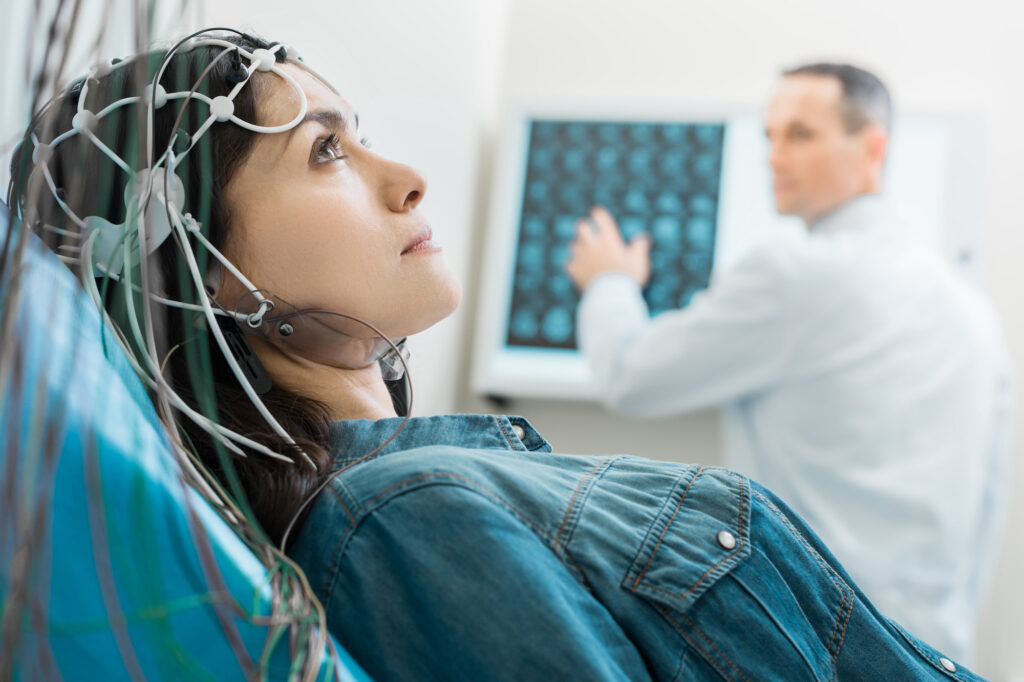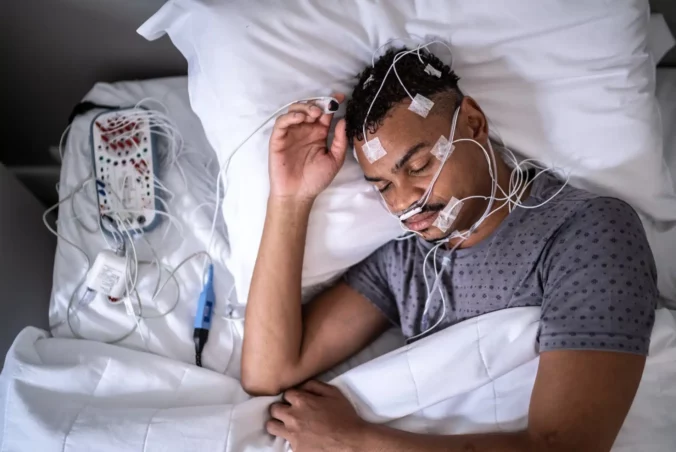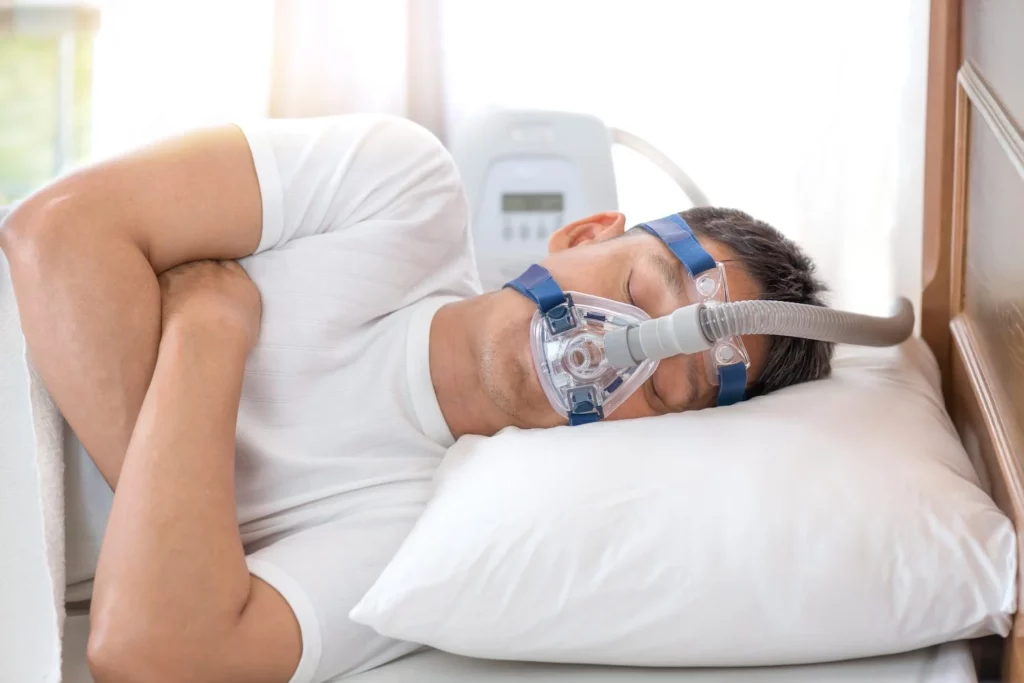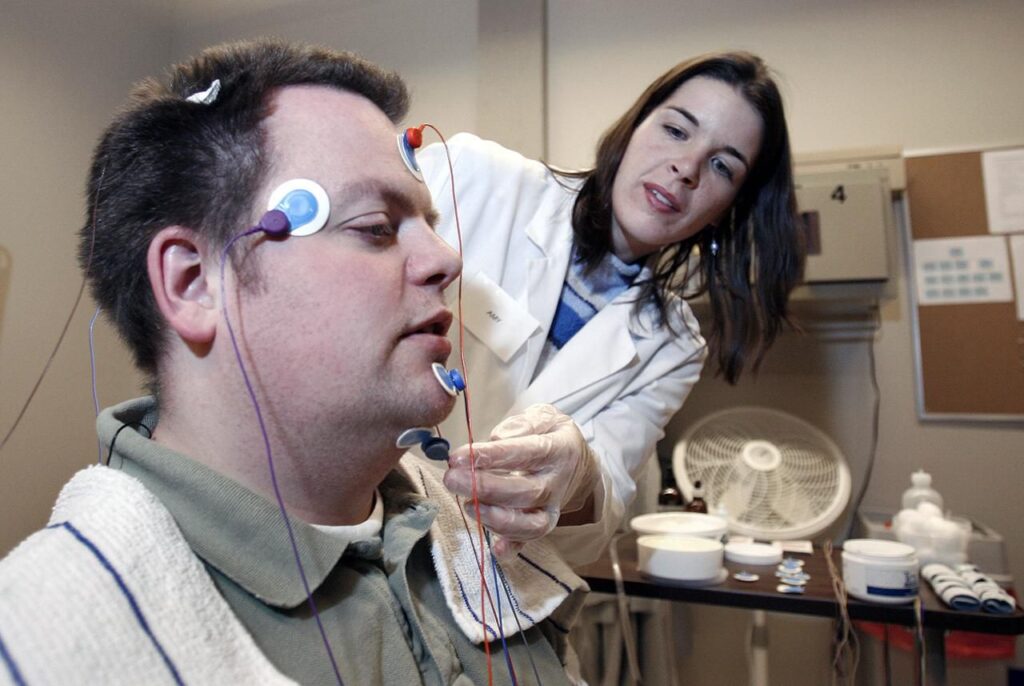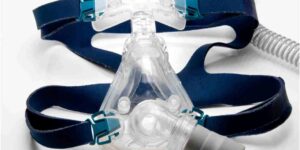In our fast-paced world, sleep often takes a backseat to our daily responsibilities. Understanding sleep testing can illuminate the importance of quality rest and its profound effects on overall health. This article aims to guide you through the essential facets of sleep testing, its significance, and what to expect during the process.
The Importance of Sleep Testing
Sleep testing is crucial for identifying and addressing sleep-related issues that can significantly impact one’s quality of life. By understanding the patterns and disorders associated with sleep, individuals can take actionable steps toward better health.
The Role of Sleep in Overall Health
Sleep is not merely a period of rest; it is an essential component of human health. Quality sleep aids in the recovery of body systems, supports cognitive function, and plays a significant role in emotional well-being. Lack of adequate sleep can lead to a myriad of health problems, including obesity, heart disease, diabetes, and mental health disorders.
Numerous studies have shown that insufficient sleep can impair judgment and increase stress levels. Consequently, ensuring a good night’s rest is indispensable for maintaining overall health, emphasizing the importance of sleep testing. Furthermore, the relationship between sleep and immune function is particularly noteworthy; chronic sleep deprivation can weaken the immune response, making individuals more susceptible to infections and illnesses. This underscores the need for individuals to prioritize their sleep hygiene and seek professional help when sleep issues arise.
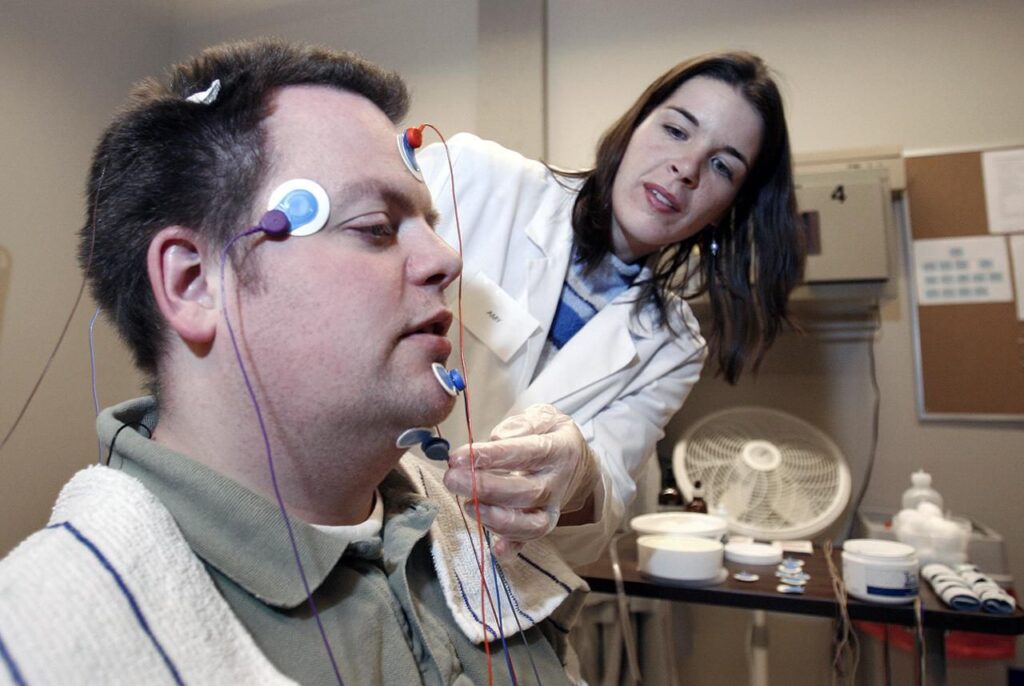
Identifying Sleep Disorders
Identifying sleep disorders through testing allows healthcare providers to diagnose conditions effectively. Common sleep disorders include sleep apnea, insomnia, restless leg syndrome, and narcolepsy. Each condition arises from different causes and presents unique symptoms.
Sleep disorders can often go undiagnosed due to a lack of awareness about their symptoms. Comprehensive sleep testing can shed light on underlying issues, enabling prompt diagnosis and treatment. By understanding these disorders, individuals can combat their effects and lead healthier lives. Moreover, the impact of sleep disorders extends beyond the individual; they can affect relationships, workplace productivity, and overall societal health. For instance, untreated sleep apnea can lead to excessive daytime sleepiness, which not only hampers personal performance but can also pose risks in high-stakes environments such as driving or operating heavy machinery. Therefore, addressing sleep disorders is not just a personal health issue but a public safety concern as well. Find more about risks on https://hrpp.research.virginia.edu/teams/irb-sbs/researcher-guide-irb-sbs/defining-risk
The Process of Sleep Testing
The process of sleep testing, often referred to as polysomnography, involves monitoring various physiological parameters that occur during sleep. This comprehensive assessment is vital for accurate diagnosis.
Preparing for a Sleep Test
Preparing for a sleep test can sometimes be daunting, but knowing what to expect can alleviate anxieties. Before the test, patients may be advised to avoid alcohol, caffeine, and certain medications that can affect sleep quality.
Additionally, it is crucial to maintain a regular sleep schedule leading up to the test. Patients will typically need to arrive at the sleep clinic in the early evening, where technicians will explain the procedure and connect various sensors to monitor body functions, including brain waves, heart rate, and breathing patterns. It is also beneficial for patients to bring along comfortable sleepwear and any personal items that might help them feel more at ease, such as a favorite pillow or blanket.
Furthermore, patients should consider discussing any specific concerns or questions with their healthcare provider prior to the test. This proactive communication can help clarify what to expect and ensure that all necessary preparations are made, ultimately contributing to a smoother experience during the sleep study.
What Happens During the Test
During the sleep test, patients are observed in a controlled environment. The setting is designed to be as comfortable as possible, allowing individuals to sleep naturally. Technicians will continuously monitor the data collected, which includes brain activity, oxygen levels, heart rate, and eye movements. To learn more about oxygen click here.
The sleep study records these metrics throughout the night, providing vital information about the sleep cycles and any disturbances that may occur. This data will be essential for interpreting the results later on. In addition to the physiological monitoring, patients may be asked to complete sleep diaries leading up to the test, detailing their sleep habits and any symptoms they experience. This information can provide further context for the technicians and doctors analyzing the data.
Moreover, some sleep centers may utilize advanced technology, such as video monitoring, to observe physical movements during sleep. This can help identify conditions like sleepwalking or periodic limb movement disorder. The combination of these various assessments creates a comprehensive picture of the patient’s sleep health, which is crucial for developing an effective treatment plan tailored to their specific needs.
Interpreting Sleep Test Results
Once the sleep test is complete, the collected data is analyzed to provide insights into the patient’s sleep patterns. Understanding these results is key to determining the appropriate treatment options.
Understanding the Metrics
The results of a sleep test often include various metrics, such as sleep latency (the time it takes to fall asleep), total sleep time, sleep efficiency, and the percentage of time spent in each sleep stage (light, deep, REM). These metrics provide a comprehensive view of the individual’s sleep architecture and the quality of their rest.
Interpreting these metrics can reveal significant insights about variability in sleep stages and the presence of any sleep disorders. Understanding these findings can empower individuals to make informed decisions regarding their sleep health. For instance, a prolonged sleep latency may indicate underlying anxiety or stress, while low sleep efficiency could suggest frequent awakenings during the night, which can be symptomatic of various sleep disturbances. By correlating these metrics with lifestyle factors such as caffeine intake, exercise habits, and daily stressors, individuals can gain a clearer picture of how their daily routines impact their sleep quality.
Potential Sleep Disorders Detected
Sleep testing can identify several potential disorders, each requiring unique management strategies. Sleep apnea, characterized by repeated interruptions in breathing during sleep, is one of the most common disorders detected.
Other potential conditions include periodic limb movement disorder and parasomnias (abnormal behaviors during sleep). Early identification of these disorders significantly improves treatment efficacy and can prevent long-term health complications. For example, untreated sleep apnea can lead to serious cardiovascular issues, including hypertension and heart disease, while periodic limb movement disorder can cause significant daytime fatigue and impact overall quality of life. Furthermore, understanding the specific characteristics of parasomnias, such as sleepwalking or night terrors, can help caregivers implement safety measures and develop appropriate intervention strategies. This proactive approach not only enhances the patient’s sleep experience but also fosters a more supportive environment for their overall health and well-being.
The Impact of Sleep Testing on Treatment Plans
Sleep testing plays a pivotal role in developing individualized treatment plans tailored to each patient’s needs. Understanding the specific sleep disorder equips healthcare providers with the information needed to recommend the most effective interventions. With the rise of sleep disorders being linked to various health issues, such as obesity, cardiovascular diseases, and mental health disorders, the importance of accurate sleep testing cannot be overstated. It serves as a critical first step in addressing not just the symptoms, but also the underlying health concerns that may be exacerbated by poor sleep.

Tailoring Treatments Based on Test Results
Treatment plans may include lifestyle changes, behavioral therapy, oral appliances, or Continuous Positive Airway Pressure (CPAP) therapy in the case of sleep apnea. The effectiveness of these treatments often relies on accurate diagnosis through sleep testing, allowing for targeted strategies that address the root causes of sleep issues. For instance, a patient diagnosed with insomnia may benefit from cognitive behavioral therapy for insomnia (CBT-I), which focuses on changing sleep habits and misconceptions about sleep, rather than simply prescribing medication. This nuanced approach not only alleviates the immediate symptoms but also empowers patients with tools to manage their sleep health long-term.
Incorporating findings from sleep tests into treatment allows for a personalized approach, which can result in improved sleep quality and overall health outcomes. Furthermore, as patients engage in their treatment plans, they often report enhanced daytime functioning, increased productivity, and better emotional regulation, all of which contribute to a higher quality of life. The ripple effects of effective sleep management extend beyond the individual, positively impacting families and communities by fostering healthier interactions and reducing the burden of sleep-related health issues.
The Role of Continuous Monitoring
In some circumstances, ongoing monitoring may be necessary to assess the effectiveness of treatment. Continuous monitoring can uncover changes in sleep patterns and help adjust therapies as needed. This can be particularly crucial for patients who experience fluctuating symptoms or those who may develop new sleep-related issues over time. By utilizing wearable technology or home sleep monitoring devices, healthcare providers can gain real-time insights into a patient’s sleep behavior, allowing for timely interventions that can prevent the escalation of sleep disorders.
This proactive approach ensures that individuals can achieve optimal sleep health over time, reinforcing the importance of regular follow-ups and assessments following an initial sleep test. Additionally, continuous monitoring fosters a collaborative relationship between patients and healthcare providers, where patients feel more engaged in their treatment journey. This partnership can lead to greater adherence to prescribed therapies and a more profound understanding of how lifestyle choices impact sleep, ultimately cultivating a culture of health that prioritizes restorative sleep as a fundamental component of overall well-being.
Frequently Asked Questions About Sleep Testing
As awareness of sleep testing grows, so do the questions surrounding the procedure. Addressing common concerns can help demystify the process for many individuals considering testing.
Common Concerns and Misconceptions
One common misconception about sleep testing is that it is uncomfortable or invasive. In reality, sleep studies are designed to be non-intrusive, allowing patients to sleep in a familiar environment. Another concern is the fear of being monitored, but most sleep clinics strive to create a relaxed atmosphere that prioritizes patient comfort.
Furthermore, many believe that sleep testing is only for severe sleep issues. However, even mild symptoms can warrant a sleep study, as early diagnosis can prevent the progression of potential disorders.
Preparing for Your First Sleep Test
Preparing for your first sleep test can contribute significantly to a positive experience. Being well-informed about the procedures and guidelines is crucial. Bring comfortable clothing, and ensure you have any necessary medications at hand.
Talking openly with healthcare providers about any concerns or symptoms before the test can also enhance preparedness. By entering the process with knowledge and confidence, individuals can optimize their sleep testing experience, paving the way for better sleep health in the future.

